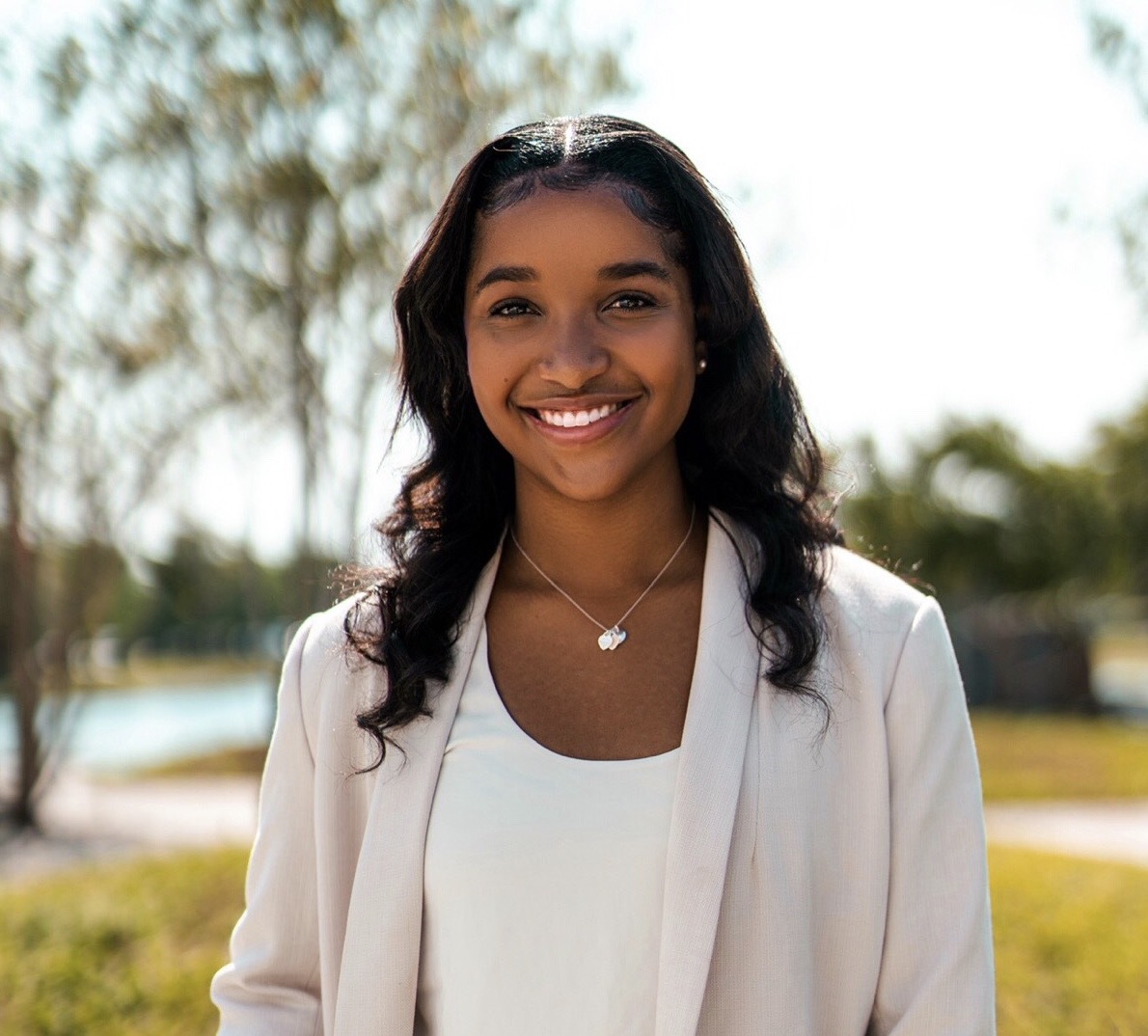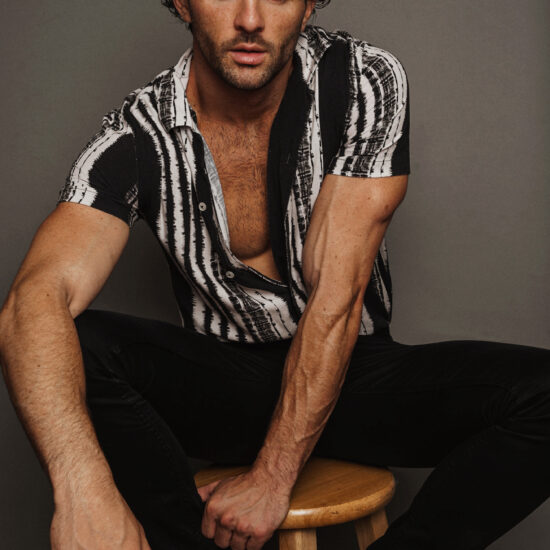Danielle Geathers is the current president at Massachusetts Institute of Technology (MIT). Throughout the school’s 159th year history, Ms. Geathers is the first black woman to hold the honorary position. As school is set to restart this fall under the global pandemic, the bright ambitious phenom is entering her junior year.
She sat down with Industry Rules to discuss this upcoming school year.
AF: Tell us about your background.
DG: I enrolled in school at the age of two. It was a predominantly white private school in Miami, FL and I was the only black girl in my age group–one of few black students in the school. Growing up in this environment, I was forced to learn how to advocate for equity. I was able to explore several extracurricular activities while also thriving in a competitive learning environment. Although my mother was a single mother, she consistently made me feel like I was the priority and encouraged me to explore my various interests. I have participated in cooking lessons, art classes, piano lessons and year-round sports. Soccer was my primary sport but also I played volleyball, softball, track and lacrosse. I believe that variety of experiences helped me with time management, work ethic and perseverance.
By the time I got to high school, I had developed my skills of time management and advocacy. I played soccer competitively and was in the top 5% of my class. Most importantly, I was able to focus on giving back to my community and the other black students around me. These experiences contributed to my acceptance into my dream school, MIT.
AF: What are your expectations in going back to school?
DG: Although all of my classes will be virtual in the Fall, I am excited to see how our professors will use the unprecedented nature of this semester to explore potential experiential learning techniques. I expect that MIT will be able to retain our collaborative -heavy culture while also maintaining the rigor expected from our classes.
AF: You’re pursuing a degree in mechanical engineering. What interests you most about this subject?
DG: I love exploring the nuances of inventions and understanding how consumer needs influence the product development process.
AF: What are your thoughts on becoming MIT’s first Black woman student body president in the school’s 159-year history?
DG: I am excited and humbled to have the opportunity to serve my community in this position. Because of COVID-19, our student government was a couple of weeks behind so immediately after the win, we began working to try to play catch up. Currently, we are fully engaged, around the clock to ensure that we deliver on our political mandate.
AF: What safety measures has Massachusetts Institute of Technology taken during the COVID-19 pandemic?
DG: In early July, MIT’s administrators determined that only seniors would be allowed access to campus if they reside on campus. On campus, MIT has established a testing protocol that mandates that each resident student will be tested twice a week. The fraternity and sorority houses will be closed as student residences this fall. The undergraduate residence halls will be single room occupancy with no more than 3 rooms assigned to a bathroom. The dining halls will only serve take-out service.
AF: As Student Body President of MIT, what are you looking to implement this school year?
DG: I am looking forward to the opportunity to increase the impact our student government has on both MIT students and the world in general. With COVID-19 and national conversations surrounding anti-black racism, we have a unique opportunity to shift the scope of our policy focus.We will push to remove Columbus Day from our calendar and, instead, celebrate Indigenous Peoples’ Day. We will also re-examine the diversity of MIT’s banking relationships and investment portfolio. Additionally, we are collaborating with student leadership at Historically Black Colleges and Universities to work on joint projects.
AF: What has helped prepare you in being student body president?
DG: Once I began matriculating at MIT, I was determined to benefit from the expanded resources and more diverse community, I immersed myself into MIT’s black community while also balancing being a member of the predominantly white soccer team. This balanced perspective prepared me well to advocate for students all around campus.
During my sophomore year, I served as the Officer on Diversity. I had the opportunity to better understand the breadth of affinity organizations at MIT. Organizations were doing outstanding work but they didn’t necessarily see the Undergraduate Association as relevant for those efforts.
These combined experiences helped me to understand the shortcomings of our student government and seeing a clear potential for impact. I decided to run for President.
AF: What is next for you in your collegiate career?
DG: After graduating with a Bachelors of Science in Mechanical Engineer, I plan to attend law school. I want to be a patent lawyer to help bridge the racial innovation gap.




